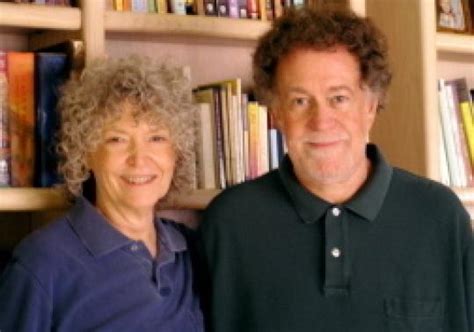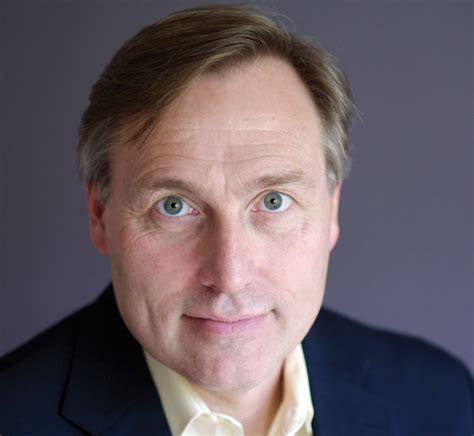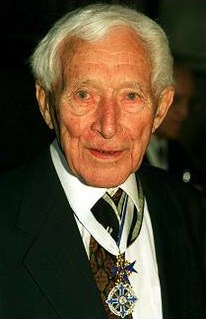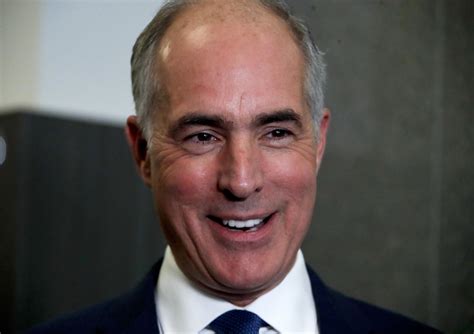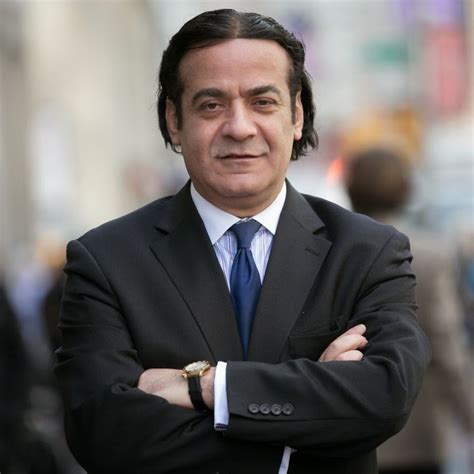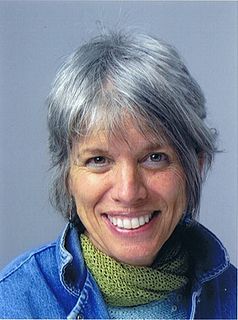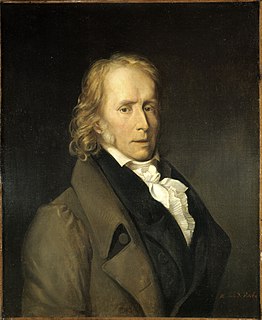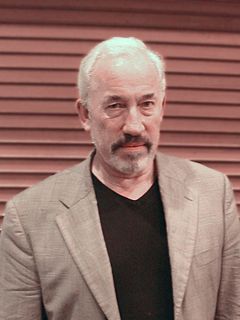A Quote by Hugh Prather
There are people whose feelings and well-being are within our influence. We can never escape this fact.
Related Quotes
God uses millions of no-name influencers every day in the simplest selfless acts of service. They are the teachers whose names will never be in the newspaper, pastors who will never author a book, managers who will never be profiled in a magazine, artists whose work is buried in layers of collaboration, writers whose sphere of influence is a few dozen people who read their blogs. But they are the army that makes things happen. To them devotion is its own reward. For them influence is a continual act of giving, nothing more complicated than that.
The fact of the matter is that, since we are determined always to keep our feelings to ourselves, we have never given any thought to the manner in which we should express them. And suddenly there is within us a strange and obscene animal making itself heard, whose tones may inspire as much alarm in the person who receives the involuntary, elliptical and almost irresistible communication of one's defect or vice as would the sudden avowal indirectly and outlandishly proffered by a criminal who can no longer refrain from confessing to a murder of which one had never imagined him to be guilty.
Faced with today's problems and disappointments , many people will try to escape from their responsibility. Escape in selfishness, escape in sexual pleasure, escape in drugs, escape in violence, escape in indifference and cynical attitudes. I propose to you the option of love, which is the opposite of escape.
A great part of the disaster of contemporary life lies in the fact that it is organized around feelings. People nearly always act on their feelings, and think it only right. The will is then left at the mercy of circumstances that evoke feelings. Christian spiritual formation today must squarely confront this fact and overcome it.
It is not just contemporary industrial society that is dysfunctional; it is civilization itself. We humans are born to be creatures of the land and the sea and the stars; we are relations to the animals, cohorts to the plants. Our well being, and the well-being of the very planet depend on our pursuance of our given place within the natural world.
